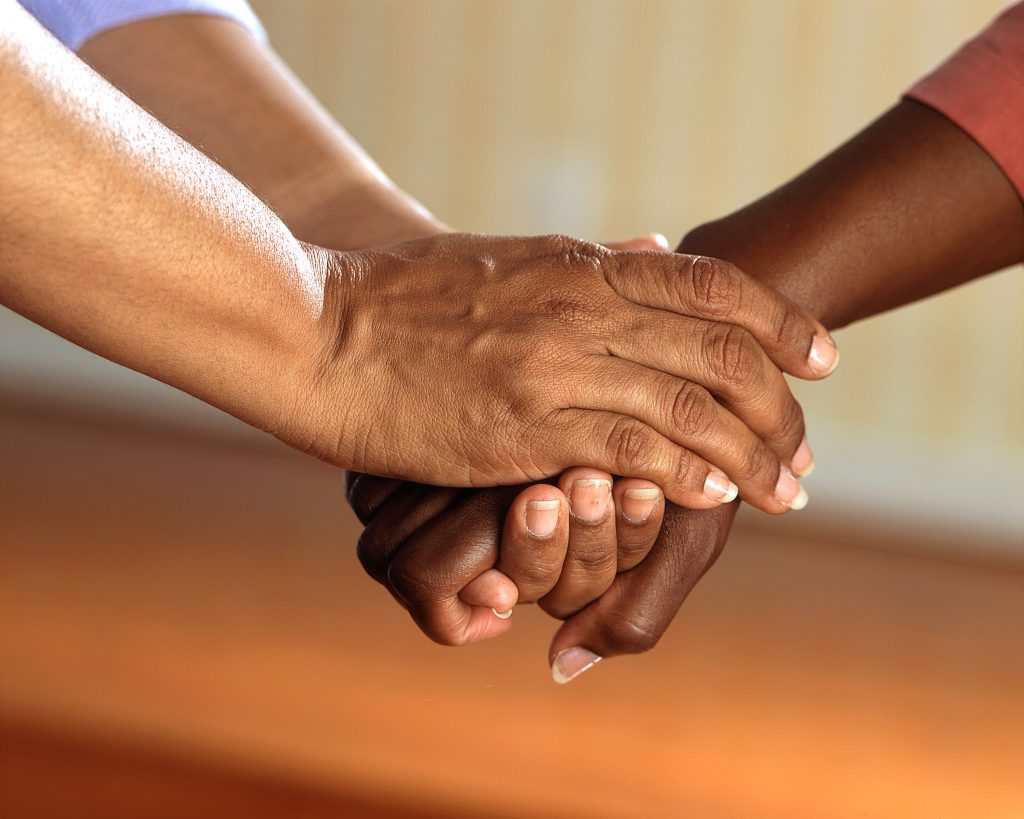House Codes of Conduct and the Social Model of Recovery
This lesson discusses the social model of recovery, but this lesson is not designed to be an in depth study of the social model. If you feel that you need more information about the social model prior to taking this lesson, you can take other course modules that provide an in-depth discussion of the social model1. For the purposes of this model, we will be discussing the social model and how it can be implemented through a resident code of conduct.

The social model emphasizes experiential knowledge and mutual support. A major emphasis is on empowering residents to take charge of their own lives and begin making choices that advance their own goals. The Code of Conduct is not a tool used to control the behavior of others, but instead should be viewed as a resource to help residents achieve the goals that they have identified for themselves.
The social model of recovery also emphasizes interpersonal aspects of recovery. The family like environment created in a recovery home helps residents work on interpersonal relationships, helps resident care for others and assume responsibility for one another, and grow a sense of community. Under this element of the social model, the Code of Conduct is not a tool to make residents behave in a certain fashion, but a tool to create an environment where residents care about one another and act accordingly.
It is certainly a delicate balance to create an environment where people can identify and achieve their own goals, while also recognizing that people live in community and that individuals also have a role to play in supporting the larger community.
Footnotes
- Polcin D, Mericle A, Howell J, Sheridan D, Christensen J. Maximizing social model principles in residential recovery settings. J Psychoactive Drugs. 2014;46(5):436-443. doi:10.1080/02791072.2014.960112 https://www.ncbi.nlm.nih.gov/pmc/articles/PMC4220294/
